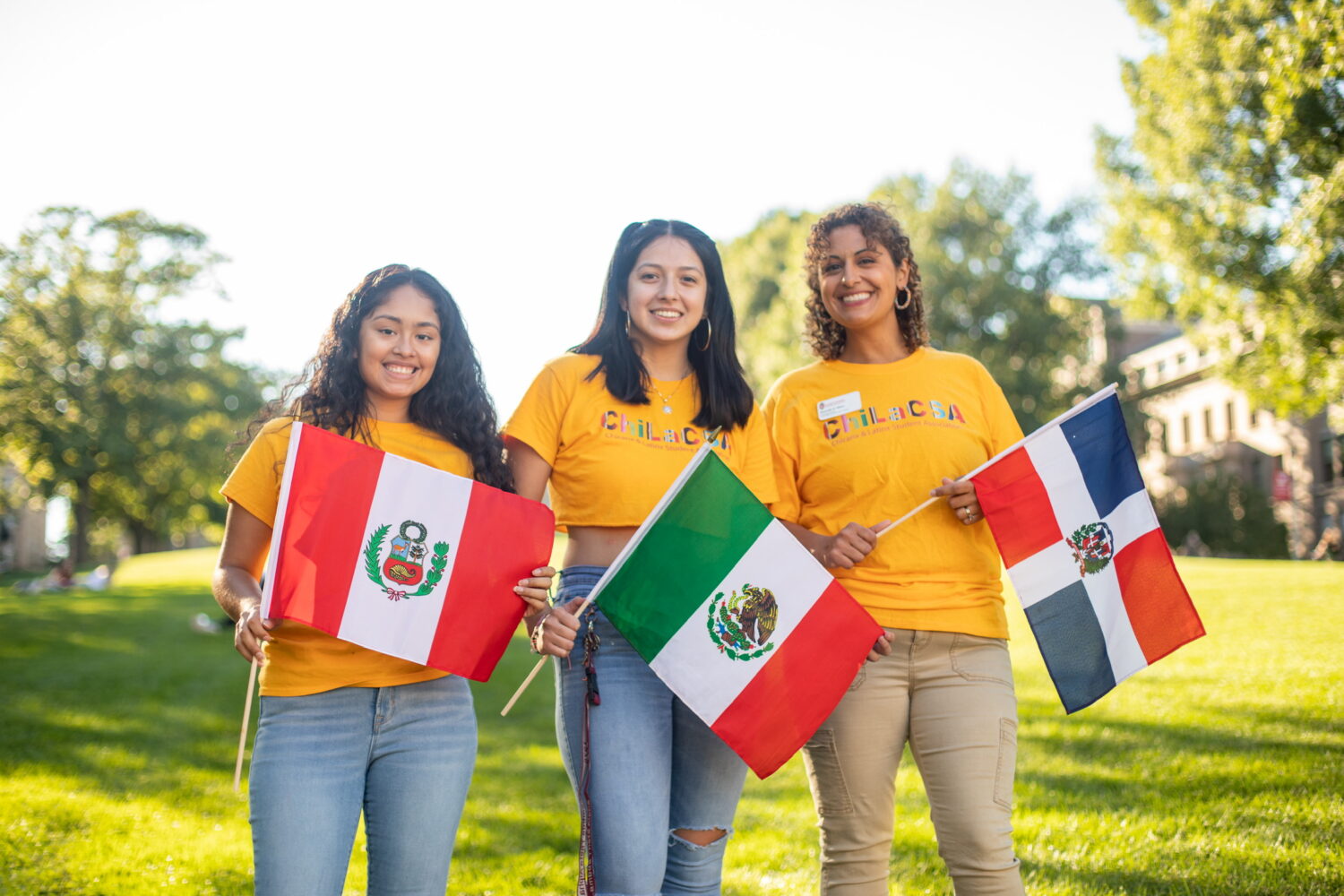
Starting the fall semester, students at the University of Wisconsin-Madison will have the opportunity to pursue a major in the Chican@ & Latin@ Studies program. Up until now, only a certificate has been achievable in the program, as Chicana/o and Latina/o studies has been present at the university since 1988 in the College of Letters & Science.
An updated name is joined by what the director of Chican@ & Latin@ Studies, Professor Rubén Medina, sees as a surge in both faculty and opportunity. Medina spoke of the last decade having a significant impact in terms of increased capacity by expanding faculty and interest areas, along with increased interest in the Chican@ & Latin@ Studies certificate.
“We had been teaching about 12 to 14 classes every semester. We felt with the number of classes that we offer, it could really provide all the necessary courses for a student to declare a major,” Medina told Madison365, speaking to the certificate over 200 students are seeking.
“Part of the proposal to create the major was explaining how some of those students currently pursuing the certificate might also cancel the certificate and now apply for the major. Some already had enough credits to be very advanced in the major.”
The Chican@ & Latin@ Studies program currently has eight budgeted faculty across topics such as English, History, Architecture, and Gender and Women’s Studies. On top of that, Medina was happy to report that there are 23 affiliate faculty, creating a large coverage of connections and opportunities for students to connect their interests across areas. Students will also have intentional coursework based around specific areas of Arts, Humanities, Social Science, and Applied Research, for a well-rounded education.
“A lot of these classes are bringing comparative knowledge,” said Medina. “That’s why I think that a major in Chican@/Latin@ Studies will complement and go very well with other majors. A large number of students get a double major, or double major plus a certificate. For instance, if you want to go into law, if you know about people of color, that is critical knowledge that you have.”

Medina discussed inspiration from the legacy of ethnic studies departments at UW-Madison such as the African American Studies department that was created through student protests in 1969. Medina was also hopeful that new developments like the planned Levy Hall to replace Mosse Humanities Building will provide closer contact between programs. The opportunity for Chican@ & Latin@ Studies to collaborate and join other ethnic studies programs and departments is exciting as the next goal is cementing their presence even further by pressing toward departmental status.
“Particularly for Latin@ students, it’s the idea that they can come to the university and study about themselves,” Medina said. “It’s important that it’s now given institutional validation. At the same time, it opens areas of graduate work that they did not consider. In the long term, the goal is basically to transform from a program to a department.”
Options to pursue interdisciplinary approaches make ethnic and humanities studies perfect for discussing complex and multi-dimensional topics. Medina’s own experience with students at UW has proved just how valuable this new major will be for students looking to explore Chican@ and Latin@ topics and culture. With students interested in areas such as sports, film, and urban planning, the plan to keep growing is priority one on the list for Chican@ & Latin@ Studies program.
“This is a big effort from the university to further diversify faculty, and to bring in more faculty of color,” Medina commended. “We have benefited tremendously because our faculty does not necessarily have to come to our program, but being here, they could become an affiliate. This is a growing community, so it’s really important.”



